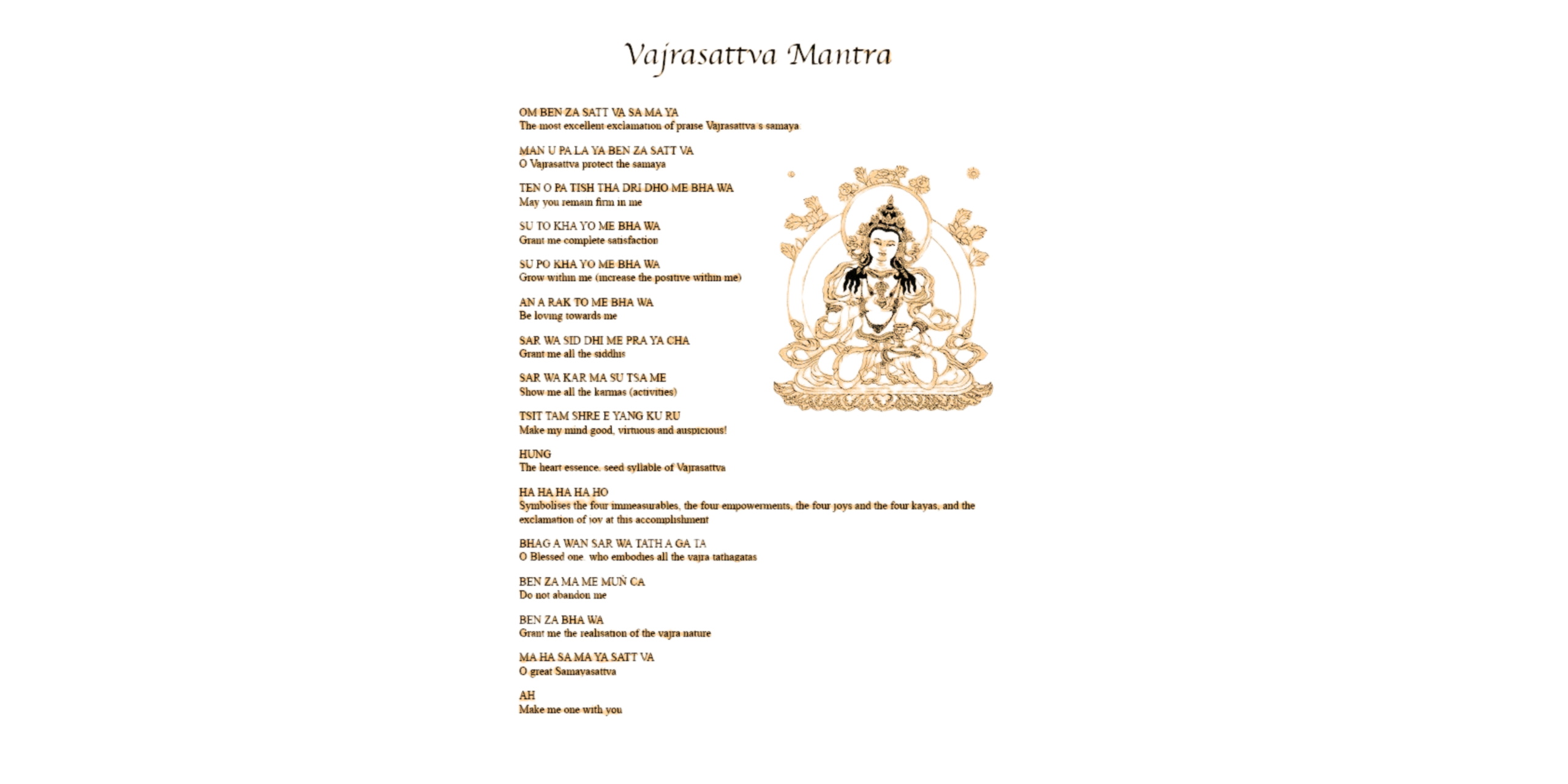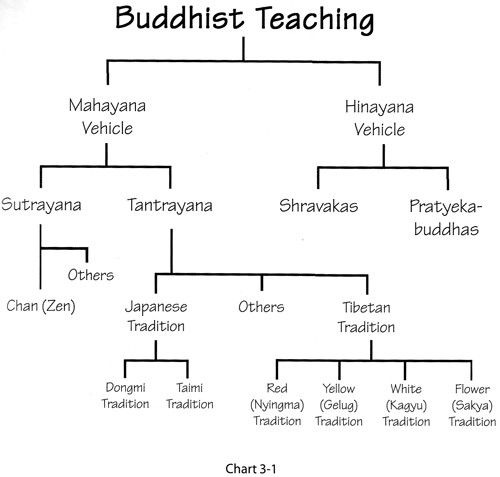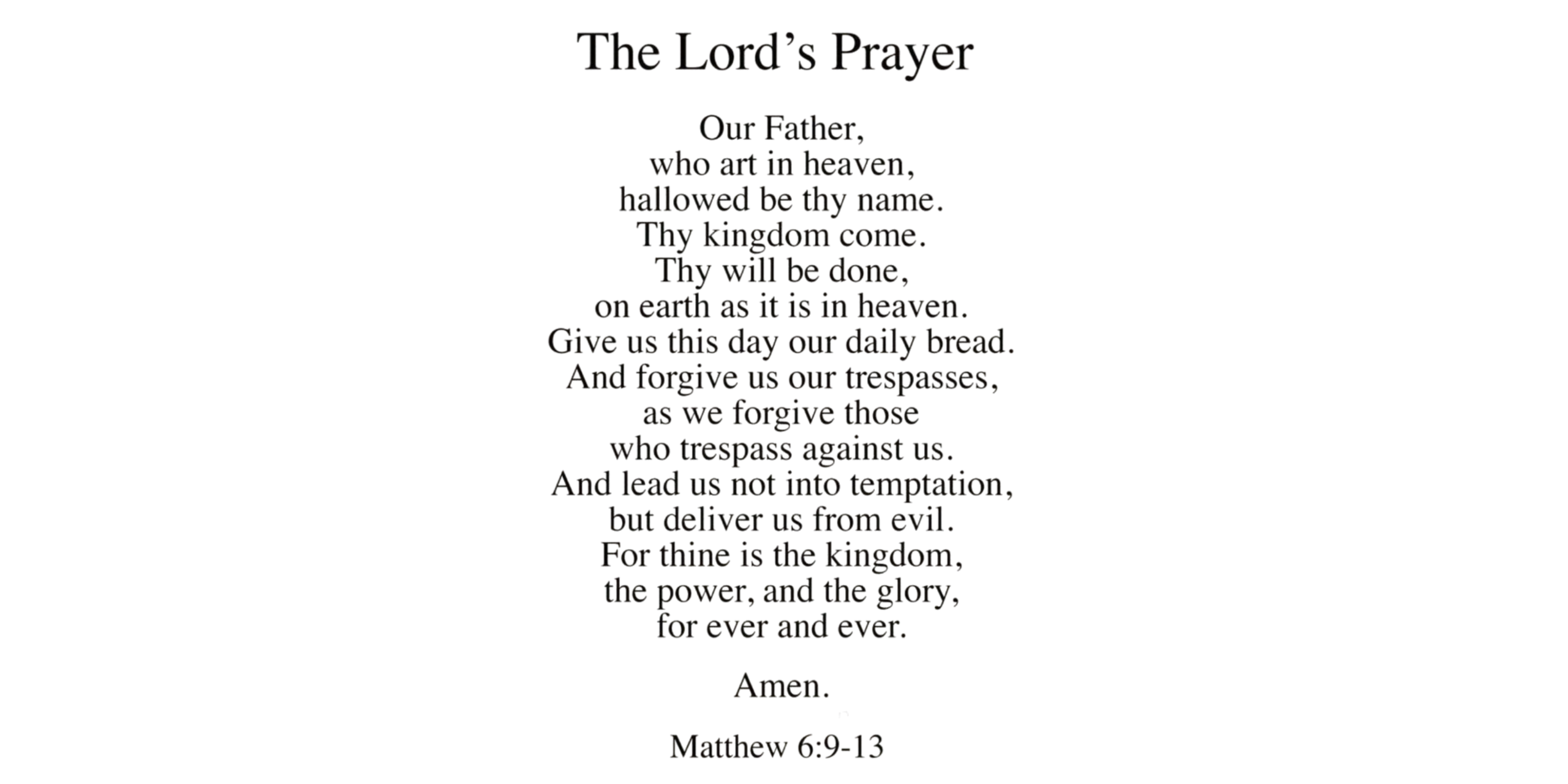Introduction
Imagine a young professional, juggling work deadlines, social obligations, and a constant buzz of phone notifications. Wellness has become more than just a buzzword for her generation. In Western countries, young adults are increasingly prioritizing wellness as a response to rising stress and mental health challenges. Nearly one in three young adults (ages 18–25) in the U.S. experienced a mental health condition in 2020. This sobering statistic highlights a growing need for holistic well-being support. More and more young people realize that staying healthy isn’t only about treating illness; it’s about actively nurturing mental, physical, and spiritual health.
Modern Pressures and the Search for Balance
Being a young adult in the modern West can feel like living in a pressure cooker. Why are so many youth struggling? Part of the answer lies in the unique pressures they face today. Academic and career demands, financial stress (like student debt or high living costs), and an “always-on” digital culture all contribute to anxiety and burnout. Social media, while keeping us connected, often fuels comparison and FOMO (fear of missing out). It’s telling that almost half of teens in a recent survey said social media has a negative impact on their peers’ well-being. Many young people report feeling isolated or overwhelmed despite being constantly online.
These pressures are reflected in hard data. Across many Western countries, young people report lower happiness levels than older generations – a stark reversal of historical trends. Depression and anxiety are widespread among youth. In the U.S., for example, the share of young adults experiencing mental illness climbed from about 18% in 2009 to nearly 30% by 2019. Beyond mental health, many feel off-balance: erratic sleep schedules, poor diet, and sedentary habits can leave them physically drained.
The COVID-19 pandemic only magnified these issues. Sudden isolation from friends, the switch to virtual learning or work, and general uncertainty hit young adults hard. It’s no surprise that this generation is collectively seeking relief, coping tools, and a greater sense of stability. This is where the growing interest in wellness comes in – as a way to counteract stress and restore balance in their lives.
What “Wellness” Really Means for Young Adults
So, what do we mean by wellness? Unlike just going to the doctor when you’re sick, wellness is a proactive approach to health. It means caring for your whole self – body, mind, and even spirit – in everyday life. This could include exercising regularly, eating nourishing foods, getting enough sleep, practicing mindfulness or meditation, and nurturing social connections. For young adults, wellness often also means finding purpose and joy amidst the daily grind.
Millennials and Gen Z have helped redefine wellness – it’s no longer seen as a luxury reserved for older or wealthy people. Instead, young people view wellness as a daily, personalized practice woven into their routines. This might look like a 10-minute morning meditation to center themselves, a yoga class after work to unwind, or choosing a calm evening with herbal tea over late-night partying. The focus is on feeling good and maintaining balance, rather than just fixing problems after they arise.
Another key aspect of wellness for this generation is mental and emotional well-being. There’s a growing openness to discussing feelings, going to therapy, and practicing self-care rituals. Activities like journaling, breathwork, or simply taking a mindful walk in nature are now recognized as important ways to manage stress. Mindfulness, a concept rooted in Eastern meditation traditions, has been embraced widely in Western youth culture as a tool to stay present and reduce anxiety. In essence, wellness for young adults means taking charge of their own health in a holistic way – tuning into what their mind and body need and responding with care.
Why the West’s Youth Are Embracing Wellness
The surge in wellness interest among young Westerners isn’t just a fad – it’s a response to real needs. Studies show that younger generations are reporting higher rates of burnout and stress than older groups. About 40% of Gen Z in the U.S. say they feel stressed “almost all the time”, compared to 23% of older adults. Faced with this reality, many youths are actively seeking solutions to feel better and avoid long-term health issues.
One reason wellness resonates with young adults is that it offers practical coping strategies. Instead of just pushing through stress, they are learning to pause and care for their mental health – for example, using meditation apps, doing yoga, or prioritizing downtime. The popularity of yoga and meditation has skyrocketed among young people in the West, blending fitness with mindfulness. It’s now common to see a 25-year-old at a yoga class, or a student practicing mindfulness to cope with exam stress.
There’s also a cultural shift happening. Having watched their parents or older relatives struggle with burnout or lifestyle-related diseases, many young adults are determined to take a different path. Preventive health is a key theme: why wait until you’re older and ill, when you can establish healthy habits now? In one survey, nearly 30% of Gen Z and millennials in the U.S. reported they’re prioritizing wellness much more than a year ago, a higher share than older generations. Clearly, this age group is leading a wellness movement, pushing the idea that health is a priority, not an afterthought.
Another factor is the blending of Eastern and Western wellness practices. Young Westerners are increasingly open to things like mindfulness meditation, yoga, acupuncture, or Ayurveda – traditional practices from places like India and China – alongside conventional Western approaches like therapy or gym workouts. This mix of ancient wisdom and modern science appeals to a generation that values open-mindedness. It allows them to cherry-pick whatever methods best support their well-being.
Core Wellness Principles for Young Adults
What does it actually look like to live a “wellness lifestyle” as a young adult? While there’s no one-size-fits-all plan, a few core principles stand out. Embracing these can help build resilience and a healthier life:
- Mindfulness and Mental Health: Practicing mindfulness – whether through meditation, breathing exercises, or simply taking quiet moments – helps manage stress and anxiety. It teaches young people to live in the present and observe their thoughts without getting overwhelmed. Likewise, taking care of mental health might include speaking with a counselor or therapist, journaling to process emotions, or engaging in hobbies that bring joy.
- Physical Activity and Rest: Our bodies are built to move, but they also need rest. Regular exercise is a proven mood-booster and stress reducer, whether it’s a jog, a dance class, or a gym workout. The key is finding activities that are enjoyable, not a chore. Equally important is sleep – something many young adults struggle with when scrolling late into the night. Prioritizing 7–8 hours of sleep can dramatically improve mood, energy, and even academic or work performance.
- Healthy Eating and Hydration: Food is fuel, and what young adults eat greatly affects how they feel. Embracing a balanced diet rich in whole foods (like vegetables, fruits, whole grains, lean proteins) and staying hydrated are basic wellness principles. This doesn’t mean never enjoying pizza or ice cream – it’s about moderation and listening to one’s body. Many in this generation are exploring cooking or opting for healthier alternatives because they notice they feel better when they eat well.
- Social Connections and Community: Wellness isn’t just an individual journey; connection with others is vital for emotional health. Spending time with supportive friends or family, joining clubs or online communities, can combat feelings of loneliness. Having positive, like-minded friends can also keep one motivated – it’s much easier to stick to a healthy habit when you have someone cheering you on.
- Purpose and Self-Reflection: A less talked-about but important aspect of wellness is having a sense of purpose and engaging in self-reflection. This could mean pursuing a fulfilling career or creative passion, volunteering for a cause, or simply setting personal goals to work toward. Knowing why you do what you do each day provides motivation and mental resilience. Young adults can benefit from periodically unplugging from distractions to reflect on their values and goals – maybe by journaling, meditating, or taking a walk. This principle is about nurturing one’s inner life or spiritual side, which gives deeper meaning to all those healthy habits.
Making Wellness a Daily Habit
Adopting a wellness-focused lifestyle doesn’t happen overnight. Even small actions can make a difference – doing five minutes of stretching in the morning or taking a quick walk at lunch can boost your mood and energy. Beyond these basics, here are a few more ways to weave wellness into daily life:
- Unplug Regularly: Taking breaks from screens and social media is crucial. Many young people now practice a “digital detox” for an hour or two before bed, or even dedicate one day a week to minimal phone use. Less screen time, especially at night, can improve sleep and mental clarity. Replacing some scrolling time with reading, drawing, or just daydreaming can feel surprisingly refreshing.
- Set Boundaries and Balance: Learning to set boundaries is a form of self-care. This might mean not checking work emails after hours or saying no to plans when you need rest. It’s okay to prioritize downtime.
- Seek Support When Needed: Finally, recognizing that you don’t have to do it all alone is key. Whether it’s talking to a trusted friend, joining a support group, or consulting a professional, reaching out can provide encouragement and guidance. Sometimes the journey to wellness is smoother with a helping hand or expert advice.
Conclusion
The growing need for wellness among young adults in the West is a reflection of our times. Life can be overwhelming for many, but the encouraging news is that this generation is responding by proactively seeking balance and healing. They are blending old wisdom with new ideas, combining mindfulness with modern self-care, all in the name of feeling better and building a fulfilling life.
Ultimately, the rise of wellness culture among Western young adults is about taking back control over one’s well-being. It’s a personal and collective movement saying that health is not merely the absence of disease, but a dynamic state of physical vigor, mental peace, and a sense of purpose. By making wellness a priority now, young people are investing in a happier future for themselves and those around them. And perhaps the most human thing about this wellness trend is its reminder that we all deserve care and compassion – starting with ourselves.
Want to support your wellness journey?
Explore Masi Wellness for meditations, crystal healing, and guided practices rooted in peace, presence, and purpose.







